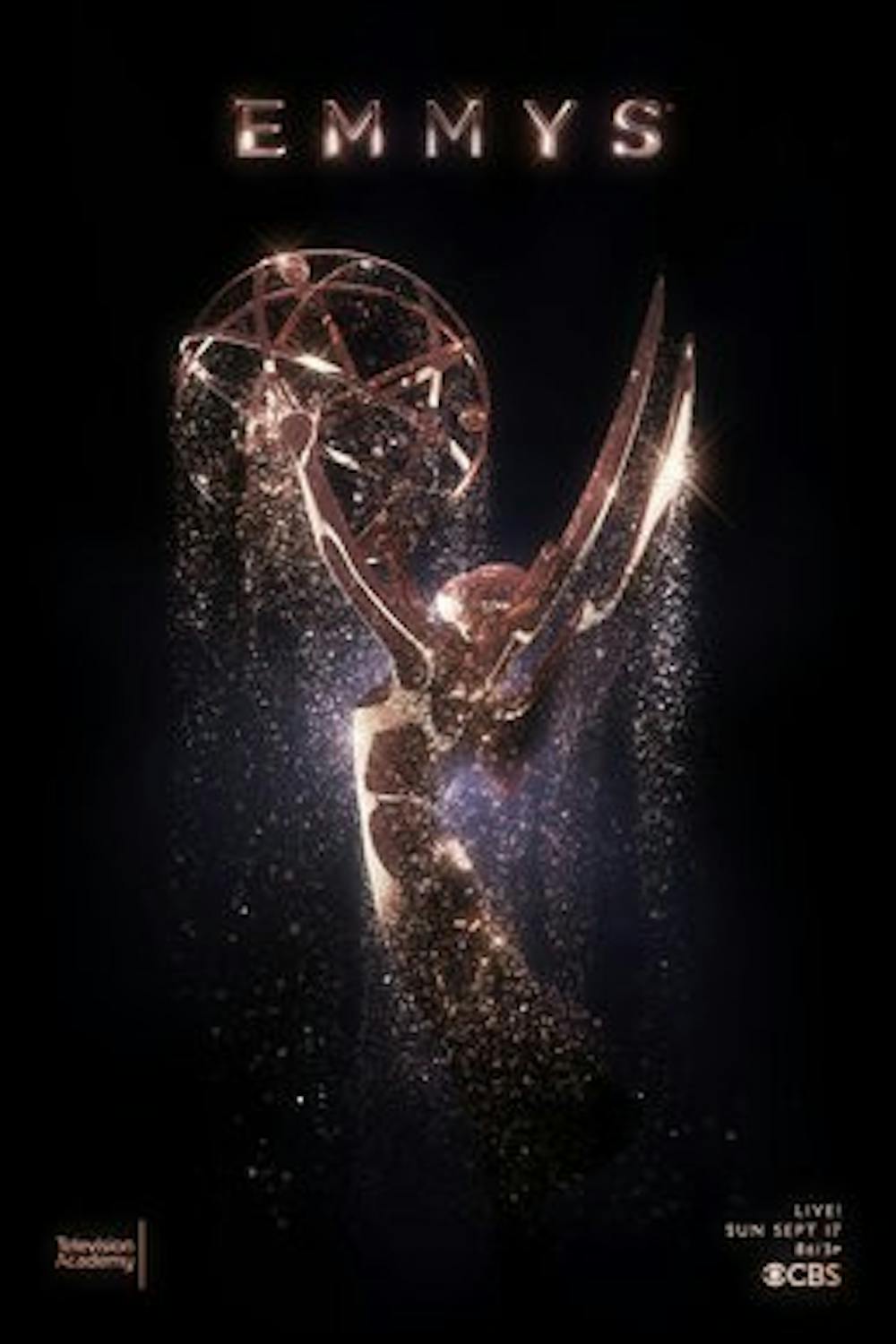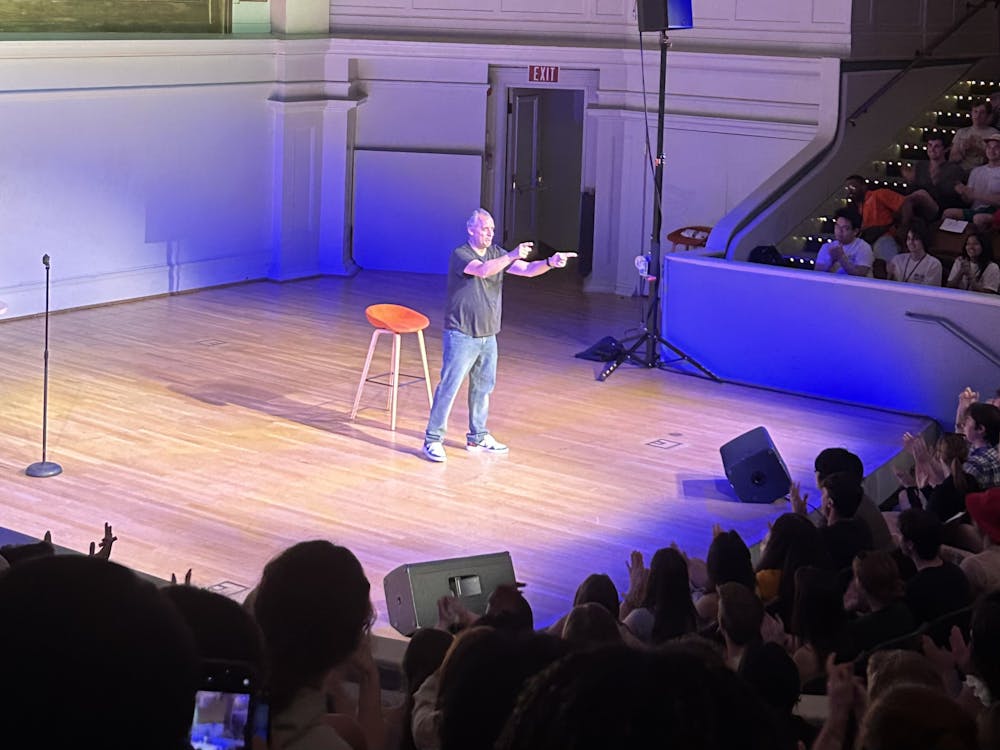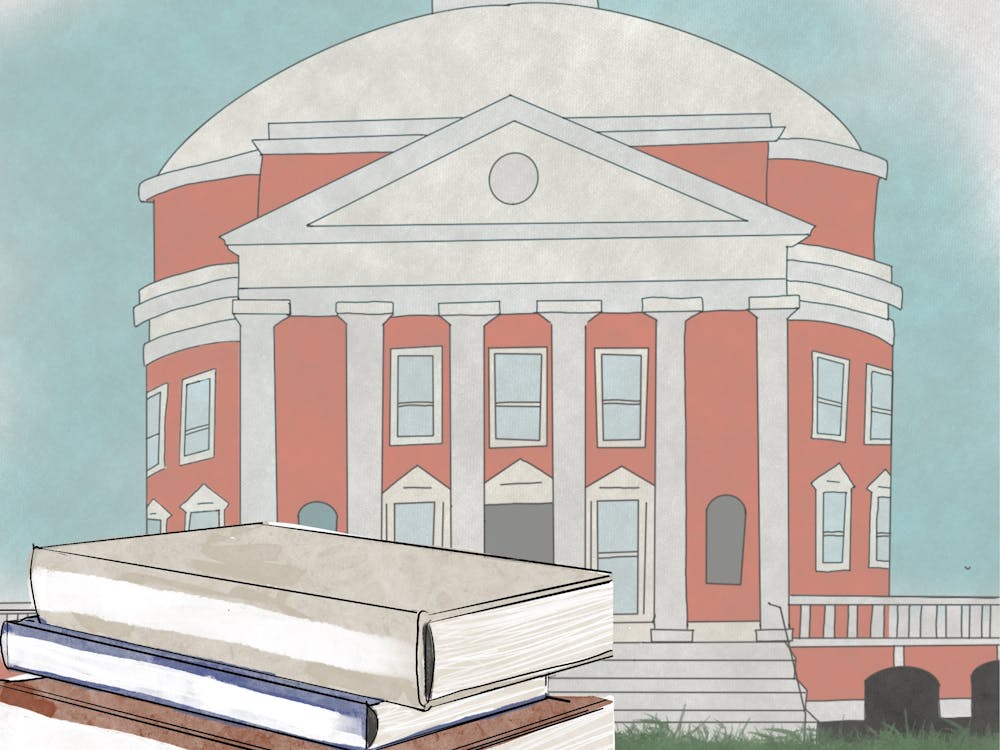Much of the 69th Primetime Emmy Awards broadcast felt like going to a favorite restaurant and debating between ordering the usual and trying something new — but in the case of the Stephen Colbert-helmed awards show — over the course of three hours.
The Television Academy flipped between celebrating diversity and honoring Bill Maher with a nomination. They gave all three top prizes — Outstanding Comedy, Drama and Limited Series — to streaming services for the first time, but fell back on perennial favorites in several categories. In short, the Television Academy just kept ordering dishes instead of adopting a firm stance on what it actually wanted.
The night began predictably — with a song, a Chance the Rapper cameo about social inequity and several jabs directed at President Donald Trump. After all, is it really an awards show if there isn’t a dig at the electoral college? But Colbert’s decision to round out his monologue with an onstage appearance from former White House Press Secretary Sean Spicer left viewers scratching their heads. The audience reaction was mixed with Melissa McCarthy looking displeased, Anna Chlumsky’s jaw dropping to the floor and Kevin Spacey appearing to love it.
This was the pattern of the entire broadcast — an uplifting moment, a step in the right direction and Anika Noni Rose looking angelic, followed by a concerning moment, a step backward and Shailene Woodley inexplicably saying she doesn’t watch television on the Emmys red carpet.
The awards themselves, mostly compressed into a rushed last hour of the show, predominantly represented the “future of television” that so many presenters, commentators and advertisements for streaming services have alluded to for the past several years. Both Hulu and HBO won major accolades — Hulu for Outstanding Drama Series with “The Handmaid’s Tale” and HBO with Outstanding Comedy Series and Limited Series for “Veep” and “Big Little Lies,” respectively.
“The Handmaid’s Tale” and “Big Little Lies” swept a number of categories, each taking awards for both acting and directing throughout the night. Viewers were also treated to Julia Louis-Dreyfus winning Outstanding Lead Actress in a Comedy for her role in “Veep” for the sixth consecutive year, meaning she has been continually winning this award for nearly half of Best Supporting Actress nominee Millie Bobby Brown’s life.
The Emmys repeatedly returned to this frustrating back-and-forth, making the program feel like an uneven slog toward the end of the night. There were highs, such as Donald Glover taking home two Emmys for directing and starring in “Atlanta” and Lena Waithe becoming the first black woman to win for writing in a comedy series.
The confusing tone behind the 69th Emmys rested on the shoulders of a new kind of announcer for major awards shows — one with a personality. Jermaine Fowler, a stand-up comedian and lead on the CBS show “Superior Donuts,” was given substantial freedom to interject fun facts and quips while announcing, and had several brief on-screen appearances.
It was an experiment in adding levity to a job generally consisting of a melodic voice nonchalantly announcing how many times John Lithgow has been nominated for an Emmy. Instead, Fowler was able to interject with exclamations like “shout out to Winston Churchill!” when Lithgow won and mentioned that Sterling K. Brown — winner of Outstanding Lead Actor in a Drama Series — is a big fan of N.Y.P.D. Blue.
Fowler’s enthusiasm waxed and waned as the night continued, functioning as a proxy for the audience. He was pumped when Laura Dern won for her role on “Big Little Lies” — “get it, Laura!” — but stayed relatively quiet for the middle stretch of less-than-exciting awards, chiming in only to mention that his grandmother loved the “Michael Douglas Show” when Don Roy King won for Outstanding Directing in a Variety Series for “Saturday Night Live.”
It was as if Fowler knew that this was the portion of the show when viewers grabbed a snack from the kitchen. The middle chunk of the Emmys had the fateful bore of Boston’s Great Molasses Flood in 1919 — a slow but inevitable drag towards the finish, leaving exasperated viewers to wonder if anyone really cares who directs “Jimmy Kimmel Live” or which TV movie had the best writing before finally succumbing to protracted death.
The Emmys ended the way an awards show normally does, with a triumphant moment and a thankful sigh when the credits began to roll. The sheer length of the program meant the Television Academy had plenty of opportunities to shine and to disappoint, to experiment and to return to the familiar. Perhaps if they had taken one step further and decided to fully commit to something new, they could have struck Emmy gold.





